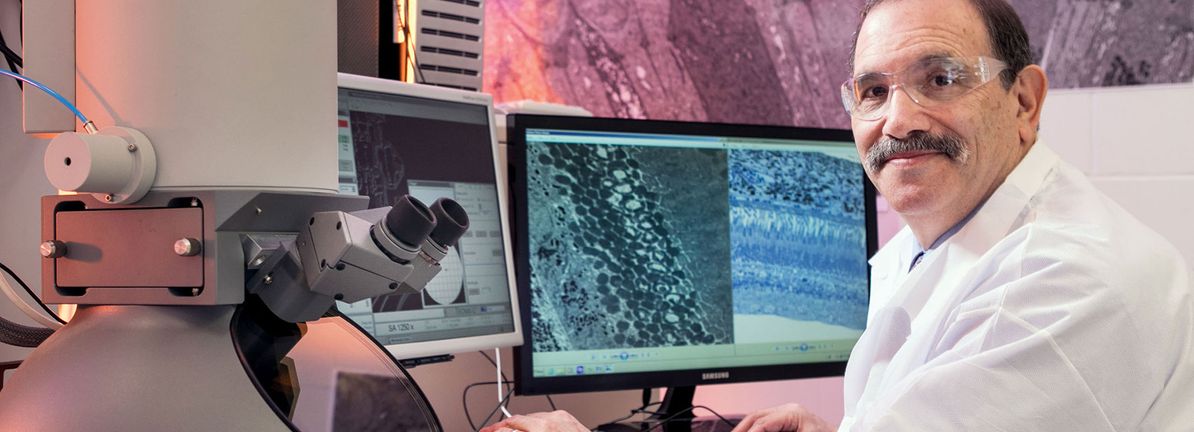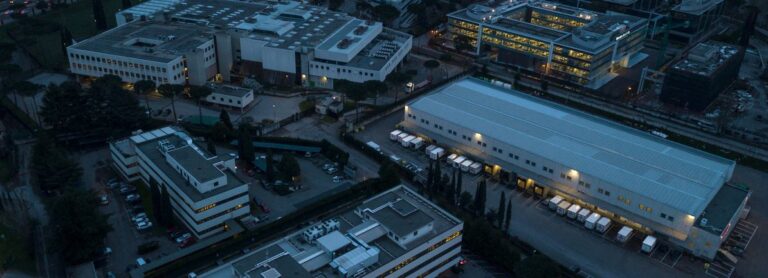The board of Bristol-Myers Squibb Company (NYSE:BMY) has announced that it will be paying its dividend of $0.62 on the 3rd of February, an increased payment from last year’s comparable dividend. This will take the dividend yield to an attractive 4.3%, providing a nice boost to shareholder returns.
See our latest analysis for Bristol-Myers Squibb
Estimates Indicate Bristol-Myers Squibb’s Dividend Coverage Likely To Improve
We like to see robust dividend yields, but that doesn’t matter if the payment isn’t sustainable. Bristol-Myers Squibb is not generating a profit, but its free cash flows easily cover the dividend, leaving plenty for reinvestment in the business. In general, cash flows are more important than the more traditional measures of profit so we feel pretty comfortable with the dividend at this level.
According to analysts, EPS should be several times higher next year. If the dividend continues along recent trends, we estimate the payout ratio will be 56%, so there isn’t too much pressure on the dividend.
Bristol-Myers Squibb Has A Solid Track Record
Even over a long history of paying dividends, the company’s distributions have been remarkably stable. The dividend has gone from an annual total of $1.44 in 2014 to the most recent total annual payment of $2.48. This implies that the company grew its distributions at a yearly rate of about 5.6% over that duration. Companies like this can be very valuable over the long term, if the decent rate of growth can be maintained.
Dividend Growth May Be Hard To Achieve
Some investors will be chomping at the bit to buy some of the company’s stock based on its dividend history. However, things aren’t all that rosy. Unfortunately, Bristol-Myers Squibb’s earnings per share has been essentially flat over the past five years, which means the dividend may not be increased each year.
Our Thoughts On Bristol-Myers Squibb’s Dividend
Overall, we always like to see the dividend being raised, but we don’t think Bristol-Myers Squibb will make a great income stock. The company is generating plenty of cash, but we still think the dividend is a bit high for comfort. This company is not in the top tier of income providing stocks.
Investors generally tend to favour companies with a consistent, stable dividend policy as opposed to those operating an irregular one. Meanwhile, despite the importance of dividend payments, they are not the only factors our readers should know when assessing a company. For instance, we’ve picked out 2 warning signs for Bristol-Myers Squibb that investors should take into consideration. Is Bristol-Myers Squibb not quite the opportunity you were looking for? Why not check out our selection of top dividend stocks.
Valuation is complex, but we’re here to simplify it.
Discover if Bristol-Myers Squibb might be undervalued or overvalued with our detailed analysis, featuring fair value estimates, potential risks, dividends, insider trades, and its financial condition.
Access Free Analysis
Have feedback on this article? Concerned about the content? Get in touch with us directly. Alternatively, email editorial-team (at) simplywallst.com.
This article by Simply Wall St is general in nature. We provide commentary based on historical data and analyst forecasts only using an unbiased methodology and our articles are not intended to be financial advice. It does not constitute a recommendation to buy or sell any stock, and does not take account of your objectives, or your financial situation. We aim to bring you long-term focused analysis driven by fundamental data. Note that our analysis may not factor in the latest price-sensitive company announcements or qualitative material. Simply Wall St has no position in any stocks mentioned.










